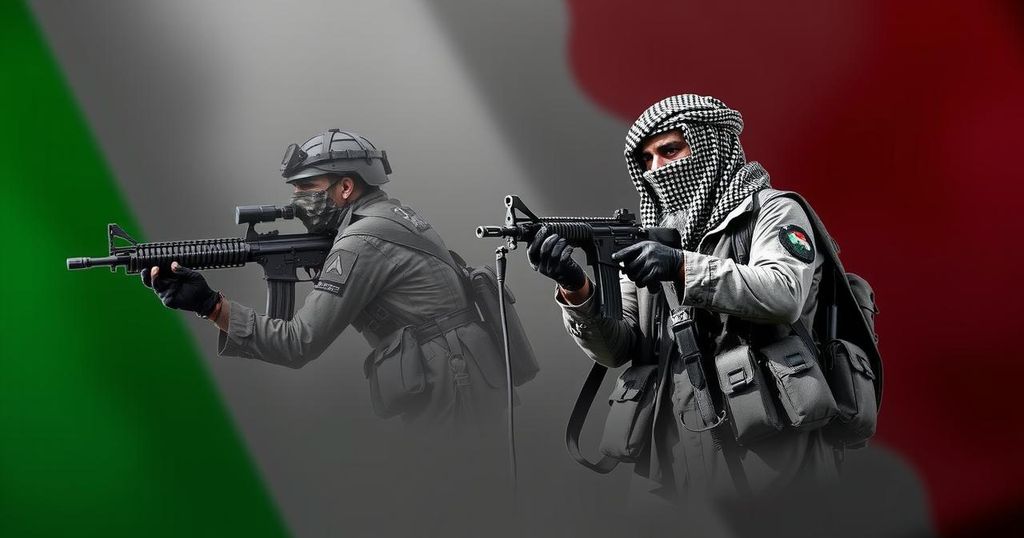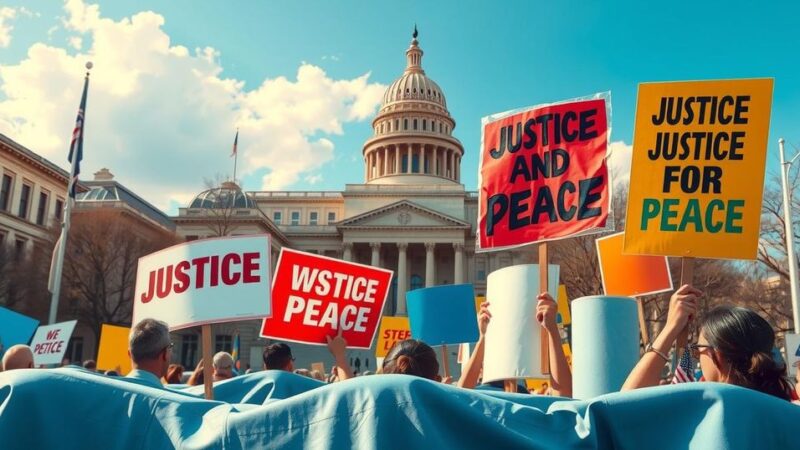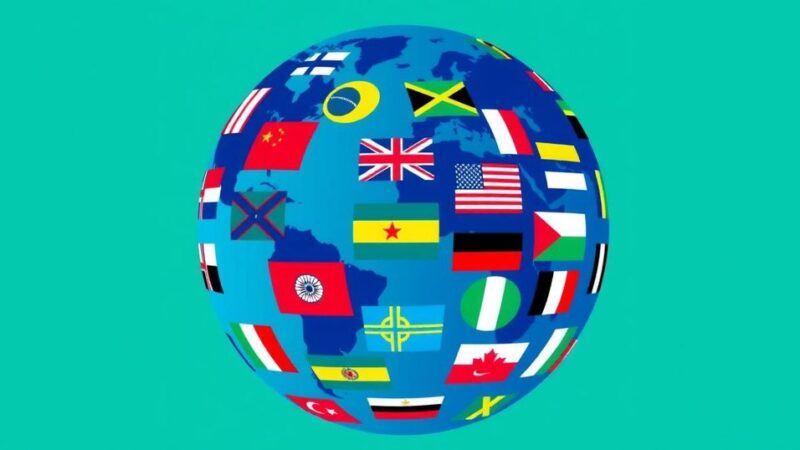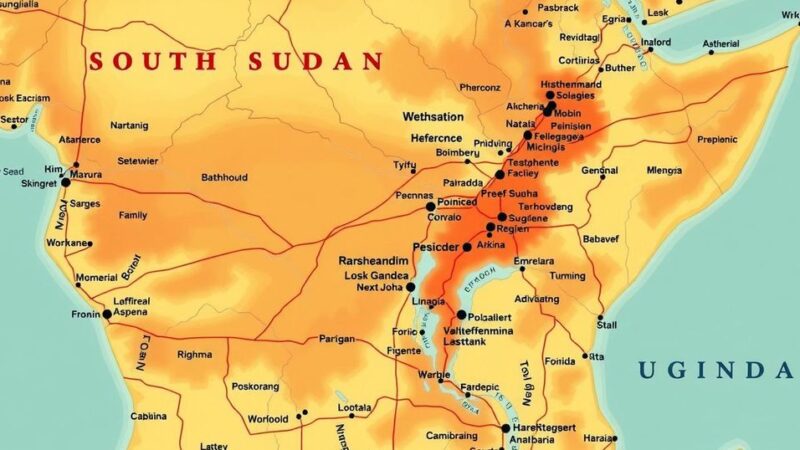A U.N. report reveals that Yemen’s Houthi rebels have evolved into a potent military force with Iranian support, launching 134 attacks on maritime vessels, recruiting children for combat, and growing their military ranks significantly since 2015. Their activities are disrupting global shipping and pose a broader international crisis.
The recent report from U.N. experts indicates a significant transformation of Yemen’s Houthi rebels, evolving them from a localized armed group into a formidable military force. This transformation is attributed to substantial external support from Iran and affiliated groups, including Hezbollah and Iraqi factions. The experts emphasize that the Houthis have capitalized on the geopolitical climate, particularly the Israel-Hamas conflict, to boost their stature within Iran’s declared “Axis of Resistance.” The report outlines that since the onset of heightened tensions in October 2023, the Houthis have launched a series of targeted attacks against maritime vessels in the Red Sea and Gulf of Aden, which has adversely impacted global shipping channels. Notably, the report specifies at least 134 incidents involving attacks against both civilian and military ships, demonstrating a new pattern of aggression. The utilization of the newly identified Hatem-2 ballistic missile highlights an escalation in their military capabilities. Furthermore, the Houthis have increased their fighting force from an estimated 30,000 in 2015 to approximately 350,000 fighters today. This significant growth can be traced back to external military supplies and training from entities such as the Iranian Revolutionary Guard and Hezbollah. The U.N. experts have also noted an unnerving trend in the recruitment of children, particularly from tribal areas, amidst rising illiteracy rates in Yemen. Reports indicate that minors have been enlisted in combat roles, sometimes as young as 10 years old, drawing particular concern from humanitarian observers. On a broader scale, the report characterizes the ongoing Yemen conflict as transforming from an internal dispute into a broader international crisis, a consequence of varying external influences and the rapid militarization of the Houthis, raising alarms regarding regional stability.
The conflict in Yemen has evolved significantly since the Houthis took control of the capital, Sanaa, in 2014. Initially perceived as a domestic uprising, the war drew in regional power dynamics, particularly with Iran’s backing of the Houthis against the Saudi-led coalition supporting the Yemeni government. Recent developments, including attacks on shipping routes and the recruitment of young fighters, have heightened the international community’s focus on the dynamics involving not only local actors but also foreign military collaborations. The involvement of Iranian military personnel and tactics has cemented the Houthis’ status as a key player within the broader geopolitical landscape of the Middle East.
In conclusion, the U.N. report paints a concerning picture of the Houthis’ transformation from a localized group into a robust military entity, heavily reliant on external support, particularly from Iran and its allies. Their activities, including maritime attacks and the alarming recruitment of children, exacerbate the crisis in Yemen and highlight the conflict’s regional implications, thereby necessitating immediate international attention and action. The potential for further escalation remains high, urging the international community to seek resolutions to curb the destabilizing impacts of this protracted conflict.
Original Source: www.voanews.com






